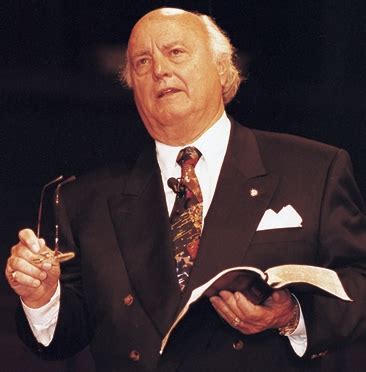A Quote by George Bernard Shaw
The reasonable man adapts himself to the world; the unreasonable one persists to adapt the world to himself. Therefore all progress depends on the unreasonable man.
Quote Topics
Related Quotes
If the world is made to furnish each individual with the means of livelihood and the instruments for his growth and progress, each man has therefore the right to find in the world what is necessary for himself. The recent Council reminded us of this: "God intended the earth and all that it contains for the use of every human being and people. Thus, as all men follow justice and unite in charity, created goods should abound for them on a reasonable basis."
Why had we come to the moon? The thing presented itself to me as a perplexing problem. What is this spirit in man that urges him for ever to depart from happiness and security, to toil, to place himself in danger, to risk an even a reasonable certainty of death? It dawned upon me that there in the moon as a thing I ought always to have known, that man is not made to go about safe and comfortable and well fed and amused. ... against his interest, against his happiness, he is constantly being driven to do unreasonable things. Some force not himself impels him, and he must go.
The ignorant man is not free, because what confronts him is an alien world, something outside him and in the offing, on which he depends, without his having made this foreign world for himself and therefore without being at home in it by himself as in something his own. The impulse of curiosity, the pressure for knowledge, from the lowest level up to the highest rung of philosophical insight arises only from the struggle to cancel this situation of unfreedom and to make the world one's own in one's ideas and thought.
Eugene Wigner wrote a famous essay on the unreasonable effectiveness of mathematics in natural sciences. He meant physics, of course. There is only one thing which is more unreasonable than the unreasonable effectiveness of mathematics in physics, and this is the unreasonable ineffectiveness of mathematics in biology.


































